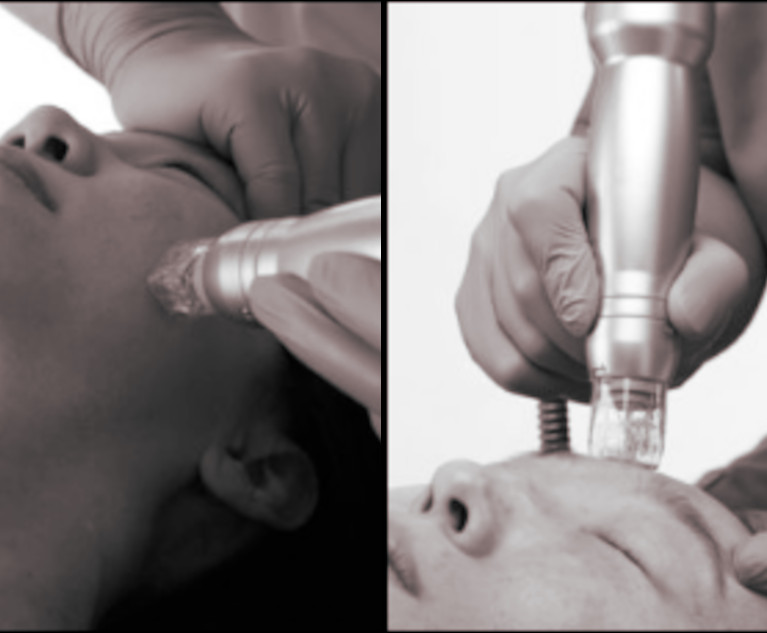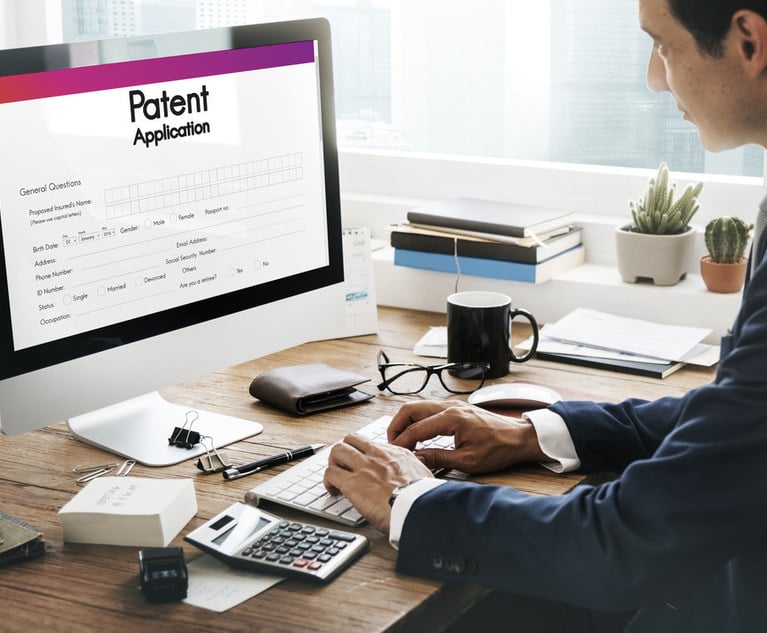Texas Lawyer
Latham & Watkins Successfully Defend Patents at the ITC for Cosmetic Devices
New Jersey Law Journal
Law.com
Boston IP Firm Avoids Time-Barred Legal-Malpractice Suit From Tech Company
Law.com
Brooks Sports Asks Federal Court to Weigh in on Patent Dispute With PUMA
New York Law Journal
Rise of the Reexam: Surging Ex Parte Reexamination Filings Expected to Increase by 40%
Delaware Business Court Insider
Ouraring Claims Competitor RingConn Infringed on Wearable Tech Patents
Law.com
The Legal Intelligencer
(M)ost (E)ffective (T)actics (A)vailable: Trademark Protection in the Metaverse
Law.com
Texas Lawyer
How 'In re Cellect' and a Proposed Rule Could Affect Double Patenting
TRENDING STORIES

- A Year of Conversations With Leaders Across the Legal Industry
- Law.com Pro's Crystal Ball: Identifying Key Trends and Opportunities for 2025
- ALM Market Analysis Report Series: Toronto and Frankfurt Showcase Similar Global Appeal to U.S. Law Firms
- Big Law Leaders Get Real on Business Impact of Election Results
Featured Firms
Law Offices of Gary Martin Hays & Associates, P.C.
(470) 294-1674
Law Offices of Mark E. Salomone
(857) 444-6468
Smith & Hassler
(713) 739-1250
More from ALM
Resources

Aligning Client Needs with Lawyer Growth and Profitability
Brought to you by BigHand
Download Now

Technology to Make E-Discovery Smarter, Not Harder
Brought to you by Nuix
Download Now

Does Generative AI Have the Power to Transform Legal Services?
Brought to you by HaystackID
Download Now

How This Personal Injury Firm Reduced Client Intake Time by 80%
Brought to you by PracticePanther
Download Now













